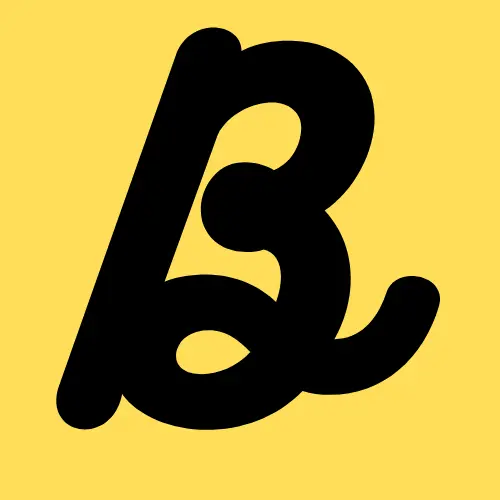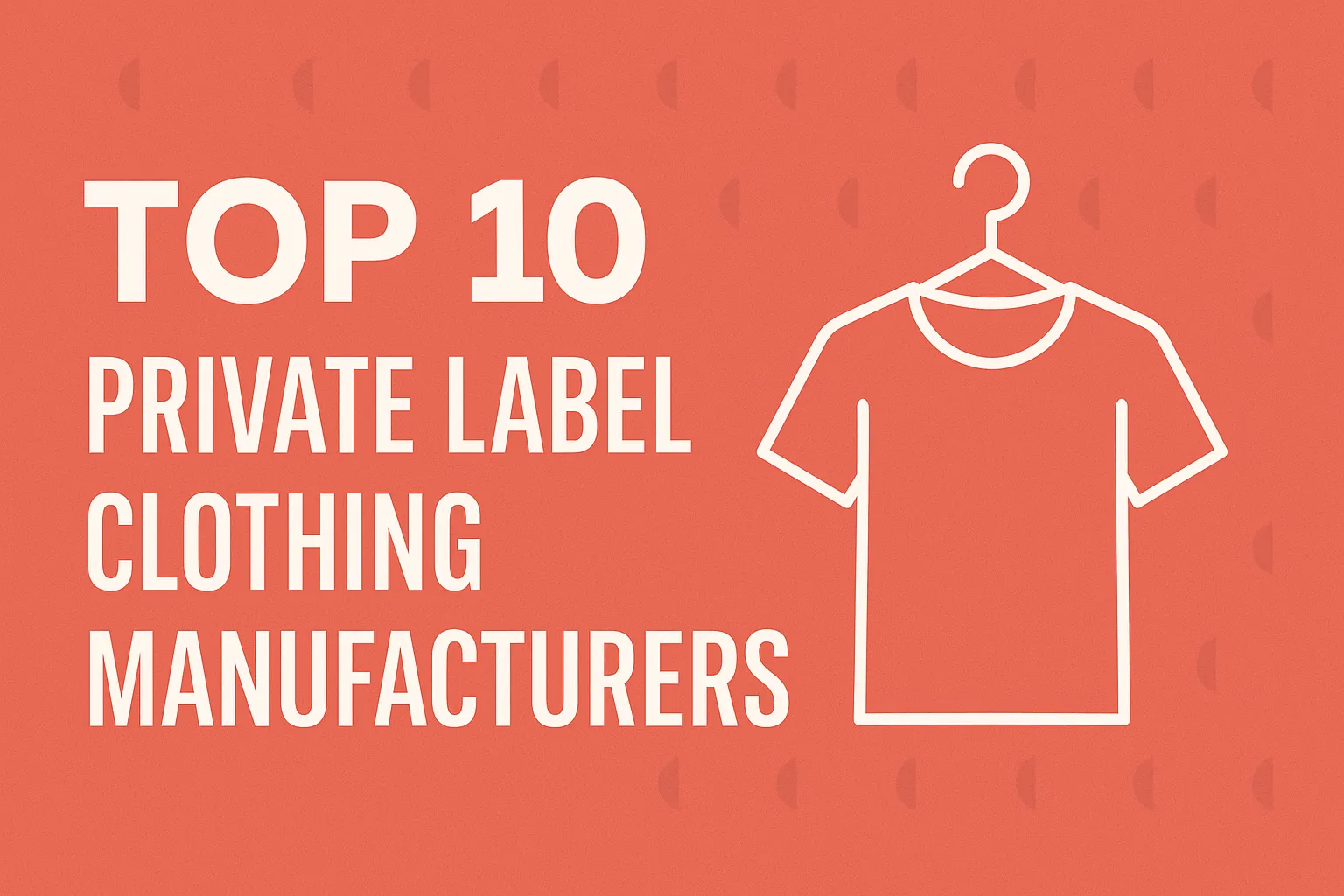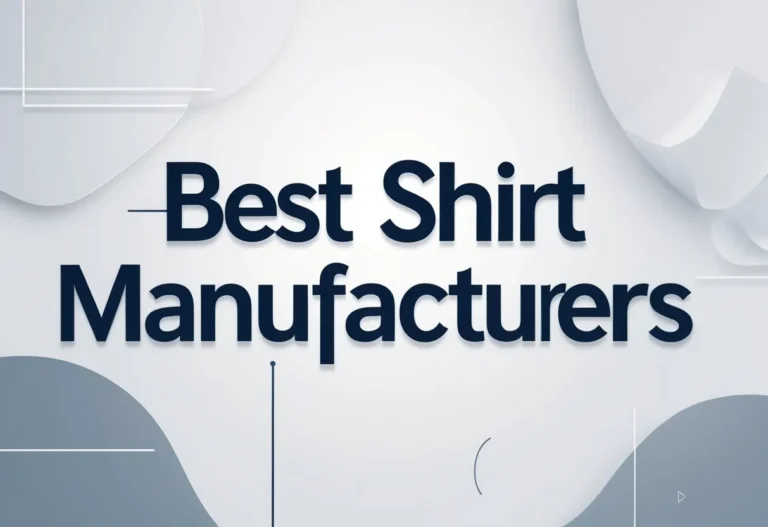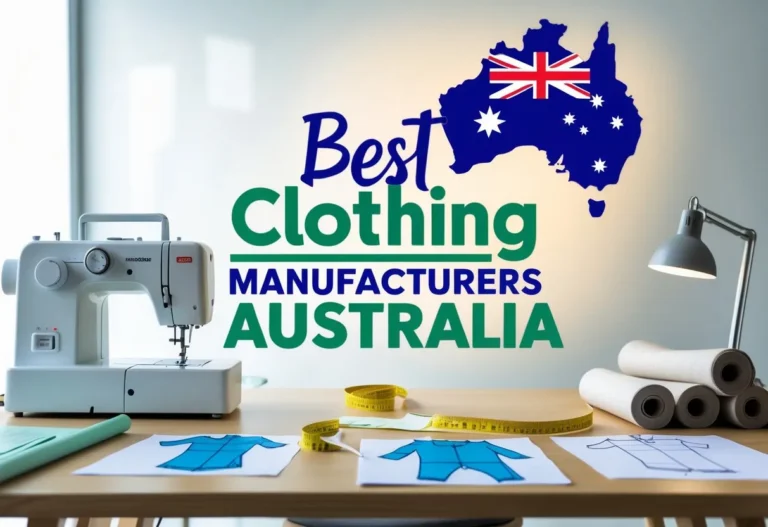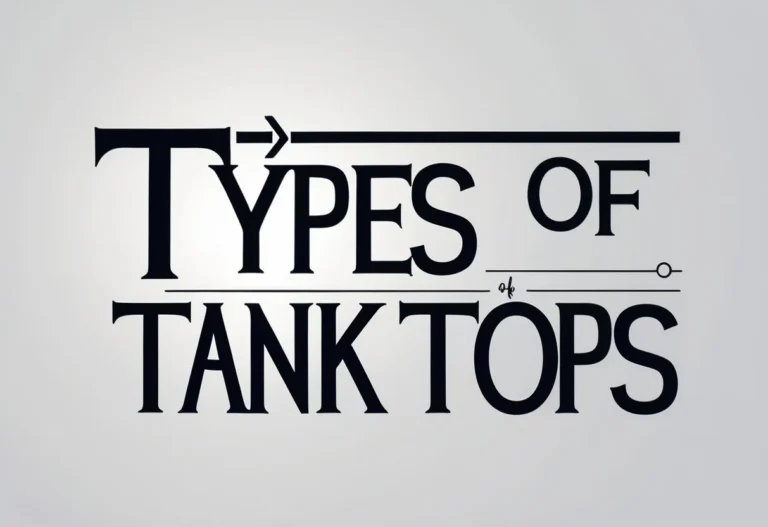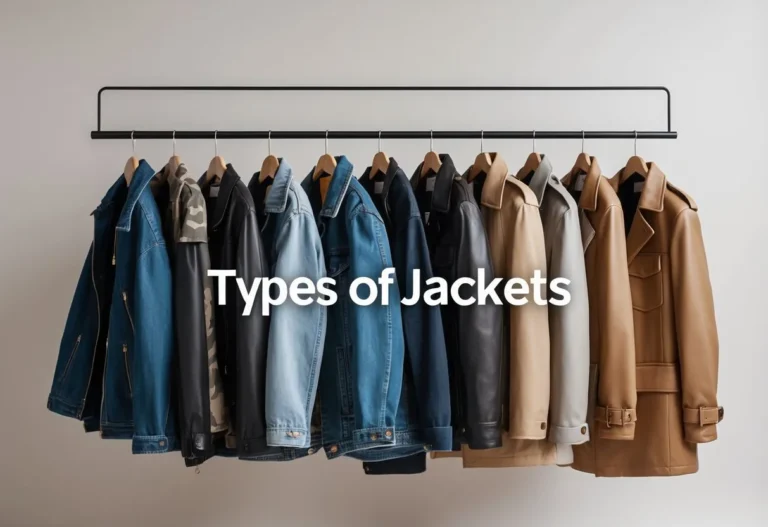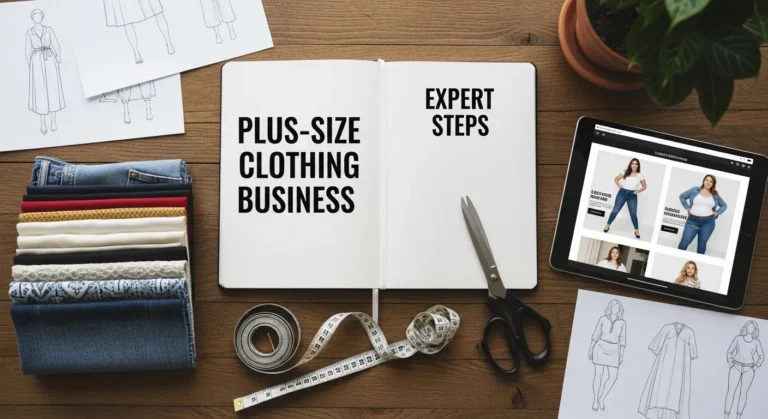Top 10 Private Label Clothing Manufacturers For Custom Production
Private label clothing manufacturers let brands design and sell clothes under their own name; without needing to run their own factories. This setup helps businesses focus on their style, brand, and customer loyalty, while the experts handle the nitty-gritty of making the clothes. It’s really the answer for anyone wondering how to start or grow a clothing line without dealing with all the headaches of owning a factory or managing a supply chain.
As more people want custom and branded clothes, companies look at private label options to get noticed in a crowded market. Both big and small brands see this as a smart, fast way to grow while keeping creative control. Here’s a look at some well-known manufacturers, how the process usually works, and what to think about before picking a partner.
1) Baagh Enterprises – Recommeded By Brands
Website: https://manufacturer.clothing
MOQ: They work with low minimum order quantities—about 20 pieces per style. That’s pretty helpful for startups and small brands needing flexibility.:
Highlights: Baagh Enterprises makes private label apparel like streetwear, activewear, sportswear, and leather. They offer full customization: fabrics, printing, embroidery, neck labels, and even custom packaging.
Pros
They support small and medium businesses with low MOQs. Their wide product range and customization options help brands create unique collections. They also care about quality and try to use sustainable methods.
Cons
Since production happens in Pakistan, shipping might take longer for some regions. If you want fancy fabrics or special custom work, costs can go up for smaller brands.
2) Bestest Industries
Website: https://bestestindustries.com/
MOQ: They offer flexible minimum order quantities, which makes it easier for startups and growing brands to try new ideas without huge orders.
Highlights: Bestest Indsutries handles everything from design to production, labeling, and packaging. They focus on custom clothing solutions so brands can show off their own style. Their product list includes t-shirts, hoodies, sweatshirts, and uniforms.
Pros: They take on both small and large orders. Their full-service approach—from concept to shipping—saves brands time. They care about quality and work to match what clients want.
Cons: Turnaround time depends on order size and complexity. International shipping can add costs for brands outside the U.S. Some smaller businesses might still find their prices higher than local options.
3) Bestest Industries
Website: nofalapparel.com
MOQ: They offer flexible minimum order quantities, which works for both small startups and bigger streetwear labels.
Highlights: Nofal Apparel runs a modern facility using advanced tech for apparel production. They offer full-service help, including design, fabric sourcing, cutting, sewing, printing, and packaging.
Pros
They help brands by handling the whole production process. Their flexibility with custom orders and sizes is good for growing businesses.
Cons
As a global supplier, shipping times can change depending on where you are. Smaller brands might also find international logistics a bit more complicated than working with local manufacturers.
4) Tack Apparel
Website: tackapparel.com
MOQ: They offer low minimum order quantities, which is great for startups and small brands wanting to test ideas without spending a lot up front.
Highlights: They handle everything from design to finished products. They make T-shirts, hoodies, sportswear, denim, baby clothes, and uniforms. Their fast lead times and in-house services are a plus.
Pros
Tack Apparel works with both new and established brands. Their wide product range and ability to handle different custom needs give businesses creative control.
Cons
Being a U.S. manufacturer, their costs are usually higher than overseas options, which can make profit margins tighter for brands aiming for lower prices.
5) Scrod Industries
Website: scrodindustries.com
MOQ: They don’t clearly list their minimum order quantity online. You’ll need to contact them directly to find out order requirements.
Highlights
Scrod Industries offers custom clothing manufacturing with options like sublimation, embroidery, and screen printing. They provide pre-production samples for approval before starting bulk orders.
Pros
They cover a wide range of apparel, from casual to sportswear. Their quick turnaround and custom options are good for small and medium brands.
Cons
There’s not much public info about pricing or MOQ, so new businesses might need to ask for details to plan their budgets. You’ll probably have to reach out directly for production info.
6) FGS Enterprises
Website: http://lowmoqclothingmanufacturer.com
MOQ: They offer 20 MOQ per design only to support small clothing brands.
Highlights: FGS handles everything: design, development, production, and packaging. They pay attention to detail and aim for consistent quality.
Pros
They support private label clients with end-to-end solutions. 20 MOQ per design is great beinifit for startup clothing brands.
Cons
As they are based in paksitan, shipping time may be more than local manufacturers.
7) Royal Apparel
Website: RoyalApparel.com
MOQ: They don’t post a fixed minimum order quantity, but work with both small businesses and big retailers, so they’re pretty flexible.
Highlights
Royal Apparel started in the early 1990s in Manhattan’s Garment District. They make clothes for men, women, infants, and toddlers. The brand focuses on eco-friendly fabrics like organic cotton and uses sustainable methods.
Pros
Their U.S.-based production helps cut lead times and shipping costs for American clients. Their focus on organic and sustainable materials attracts eco-conscious brands. They also offer private labeling and custom options.
Cons
Costs are usually higher than overseas manufacturers. They might not have the capacity for really huge orders. International shipping is not as competitive as some global suppliers.
8) Zega Apparel
Website: ZegaApparel.com
MOQ: They offer a low minimum order of 50 pieces per color and design, which is handy for startups and small fashion labels.
Highlights
Zega Apparel does cut-and-sew, screen printing, embroidery, and sublimation. They’ve worked with thousands of brands and focus on private label work. Their operations are sweatshop-free, which matters to ethical fashion brands.
Pros
They support small and growing brands with low order minimums. Their wide range of custom options lets companies create unique products. They ship globally and offer private label services for international clients.
Cons
Even though they’re based in the U.S., most production is overseas. This can mean longer lead times and higher shipping costs for some. Time zone differences can also make communication trickier for smaller brands.
9) Los Angeles Apparel
Website: https://losangelesapparel.net
MOQ: They offer flexible minimum order quantities, making it easier for both small startups and bigger brands to work with them.
Highlights: They’re a vertically integrated manufacturer in Los Angeles, handling design, development, and production in-house for faster turnaround and steady quality.
Pros
They offer made-in-USA production, supporting local manufacturing. Their setup allows for private label services, custom design, and wholesale.
Cons
Costs are higher than overseas production. Lead times can change depending on the order size.
10) American Apparel
Website: https://www.americanapparel.com/
MOQ: They usually ask for higher minimum order quantities than some smaller private label manufacturers. That might not work for every startup budget, so it’s something to watch.
Highlights: American Apparel makes a name for itself with basics—think t-shirts, hoodies, and leggings. They stick with simple styles, solid colors, and sizing you can count on. A lot of their stuff is made in the USA, which is a big deal for folks who want local production.
Pros
American Apparel gives you strong brand recognition and a big range of staple clothes. People often mention the fit and comfort. Since they make products locally, shipping inside the US can be faster too.
Cons
Their higher minimum order requirements can be tough for smaller businesses. Most of their catalog sticks to basics, so if you want something really custom or detailed, you might not find it here. Prices also tend to be higher than what you’d get from overseas factories.
How Private Label Clothing Manufacturing Works
Private label clothing manufacturing lets brands sell products under their own name while handing off the production side. Usually, this means giving some design input, meeting order requirements, and agreeing on a production schedule that sets the price and delivery timing.
Design and Customization Process
The design stage is where it all starts. Brands can pick from what the manufacturer already offers or ask for something custom. This flexibility lets both small and big businesses make products that really fit their brand.
Manufacturers usually offer choices for fabrics, colors, sizes, and trims. Some go a step further and help with packaging, labeling, or logo placement. All these little details help make the clothing unique for each brand.
Good communication here makes a huge difference. Clear directions, sample references, and digital previews help keep mistakes down and speed things up. Many manufacturers send out prototypes or pre-production samples so brands can check the quality before jumping into a full run.
Minimum Order Quantities
Most private label clothing manufacturers set minimum order quantities (MOQs). That’s the smallest number of pieces a brand needs to order at once. MOQs change depending on the type of product, fabric, and how complicated the design is.
For example:
| Product Type | Typical MOQ Range |
|---|---|
| Basic T-shirts | 50–200 units |
| Hoodies/Jackets | 100–300 units |
| Denim/Outerwear | 200–500 units |
Some manufacturers offer lower MOQs to help out startups. Ordering more at once usually drops the cost per unit, so it can save money for bigger orders.
Brands need to think about storage, inventory, and how much cash they can tie up when deciding on order size. Picking the right MOQ is really about balancing cost and what you think you can sell.
Production Timelines
Production timelines depend on how big the order is, how tricky the product is to make, and how busy the manufacturer is. On average, private label clothing takes 4 to 12 weeks from the final design sign-off to delivery.
The steps usually go like this:
- Design approval – nailing down specs and samples.
- Fabric sourcing – getting materials lined up.
- Manufacturing – cutting, sewing, finishing, and checking quality.
- Packaging and shipping – boxing it up and sending it out.
If fabrics run out or changes happen late, you might see delays. It’s smart to plan ahead and add a little buffer for shipping, especially for international orders.
Keeping in touch with the manufacturer about deadlines and what you expect helps keep things on track and avoids headaches.
Key Considerations When Choosing a Clothing Manufacturer
When you pick a clothing manufacturer, you want someone who meets solid quality standards, communicates well, and follows decent production methods. These things matter for keeping products consistent and building customer trust.
Quality Control Standards
Good quality control means each piece meets your standards. The manufacturer should give you sample testing, clear inspection reports, and regular checks while making your stuff. This helps prevent problems like bad stitching, fabric issues, or sizing mistakes.
Most brands ask for pre-production samples to check materials, fit, and finish before placing a big order. Regular in-line inspections during production catch mistakes early. Final quality audits make sure finished products match the approved samples.
It’s smart to ask about certifications like ISO or other big standards. These show the factory has a system for managing quality. If you skip this, you could end up with delays, returns, or extra costs.
Communication and Support
Clear communication keeps things running smoothly. Your manufacturer should give you a dedicated contact person who replies fast and gets what your brand needs.
Good support means updates on production timelines, material sourcing, and shipping. A lot of brands like when manufacturers use project management tools or send written progress reports. It just makes it easier to keep tabs on orders and solve problems.
Language barriers and time zones can slow things down. Working with a team that has multilingual staff or flexible hours helps a lot. Reliable support builds trust and stops little mistakes from turning into big ones.
Sustainability Practices
These days, plenty of buyers want brands to act responsibly. If your manufacturer uses certified fabrics like organic cotton or recycled polyester, that’s a good sign they care about the environment.
Factories with energy-efficient equipment and waste reduction programs get attention from brands focused on sustainability. Some even have certifications like OEKO-TEX or GOTS, which show they use safe and eco-friendly methods.
Labor practices matter too. Make sure the manufacturer pays fair wages, keeps working conditions safe, and doesn’t use child labor. These checks help protect workers and boost your brand’s reputation.
Frequently Asked Questions
Private label clothing manufacturing brings up a lot of questions about where to make things, quality, costs, and picking the right partner. Many businesses also wonder which companies are best for startups and how to handle deals.
How to find private label clothing manufacturers in the USA?
You can search industry directories, go to trade shows, or check out online B2B platforms. A lot of US-based manufacturers list their services on their websites. Always check reviews and ask for samples to see if the quality is up to your standards.
What are the best private label clothing manufacturers for startups?
Startups usually want low minimum orders and flexible options. Companies like Baagh Enterprises, Bestest Industries, and Nofal Apparel are known for helping small brands with scalable services. They offer sampling, design help, and production that works for new businesses.
Where can I find wholesale clothing manufacturers in the USA?
Wholesale manufacturers are easy to find in fashion cities like Los Angeles, New York, and Miami. Many have online catalogs for bulk apparel. Trade fairs and industry expos are also a good way to meet suppliers face-to-face.
Can you recommend some private label clothing manufacturers near New Jersey?
There are a few manufacturers in and around New Jersey. Baagh Enterprises and FGS Enterprises are two that offer private label services in the area. They help with casual wear, sportswear, and other clothing types.
What should I look for when choosing a private label clothing manufacturer?
Look at product quality, minimum orders, turnaround time, and communication. A reliable manufacturer should offer samples before you order in bulk. It’s also smart to check their past work and make sure they can handle your specific needs.
How to negotiate with private label clothing manufacturers for the best rates?
If you want better prices, try talking about bigger orders, longer contracts, or going with simpler designs. Be open about your budget and what you want so things don’t get mixed up later. It also makes sense to check quotes from a few different manufacturers before you decide. Why rush, right?
